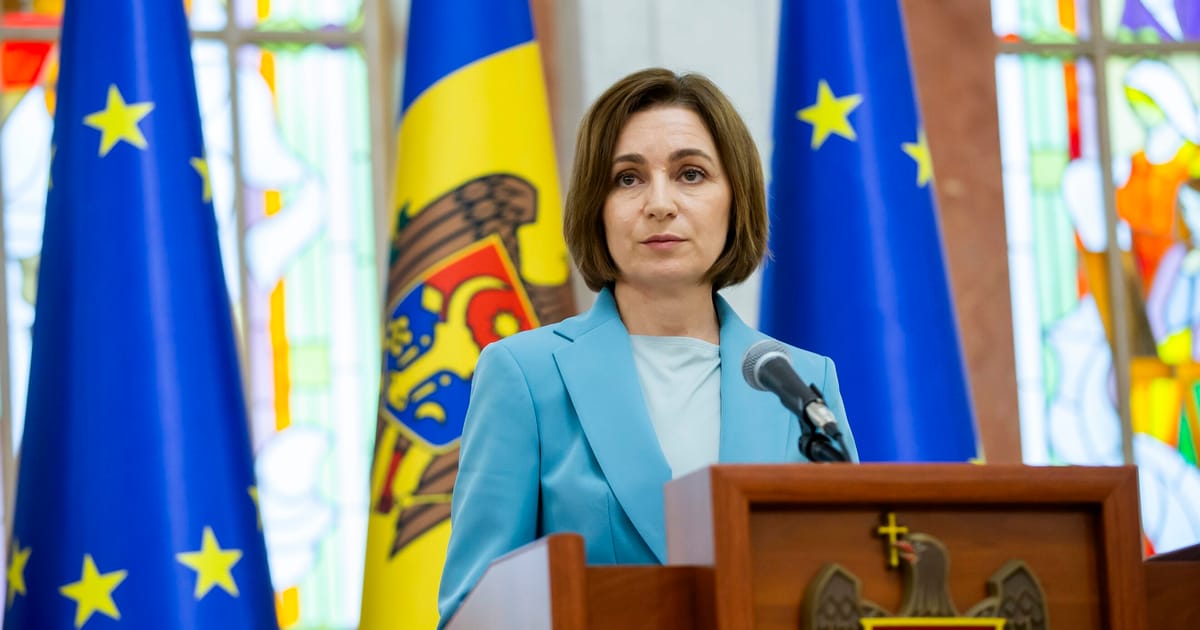

As geopolitical tensions rise in different parts of the world, there is an opportunity to reflect on the dynamics at play and the potential pathways to peace and understanding. This week, significant developments have unfolded in Moldova, Southeast Asia, and Eastern Europe, each highlighting unique challenges while reminding us of the importance of diplomacy and dialogue.
Moldova’s Vigilance Against External Influence
In the peaceful yet poised landscape of Moldova, President Maia Sandu has addressed concerns regarding potential election interference. This comes amidst claims of “unprecedented” attempts by the Russian Federation to exert control over Moldova’s political framework. Sandu, a leader with a strong pro-European Union stance, emphasizes the importance of safeguarding Moldova’s democratic principles and maintaining its autonomy against external pressures. The Moldovan administration remains committed to transparency and resilience in the face of these challenges, reinforcing the country’s pathway towards integration and cooperation within Europe.
Southeast Asian Ceasefire Tensions
Meanwhile, in the heart of Southeast Asia, Thailand and Cambodia find themselves navigating a fragile ceasefire following a period of intense border clashes. The agreement, intended to halt hostilities after several days of violence that tragically claimed lives on both sides, underscores the complex nature of territorial disagreements. The ceasefire, crucial for regional stability, encountered a setback with Thailand accusing Cambodia of violating the truce. Such incidents reflect the intricate historical and geopolitical threads woven through the region’s tapestry. Both nations have a significant opportunity to engage in constructive dialogue, fostering stronger ties and cultivating a culture of understanding and peace.
Eastern Europe’s Strategic Battleground
In Eastern Europe, the region remains attentive to developments in Donetsk, Ukraine. Reports suggest that Russian forces are nearing a strategic stronghold, intensifying the ongoing conflict. These dynamics play out against the backdrop of broader geopolitical tensions and highlight the importance of sustained international engagement. While predictions abound regarding the outcome, it is vital for all parties to seek pathways to lasting peace, emphasizing negotiation and collaboration over confrontation.
The Path Forward
Across these regions, the challenges they face also present opportunities for peace, cooperation, and stability. From Moldova’s resilience in safeguarding its sovereignty, Southeast Asia’s delicate navigation of peace processes, to Eastern Europe’s ongoing search for resolution, each scenario underscores the power of dialogue as a driver for change. As we witness these global stories unfold, embracing a spirit of understanding and cooperation offers a beacon of hope for a peaceful future.
Source: {link}
